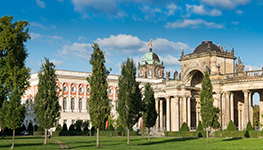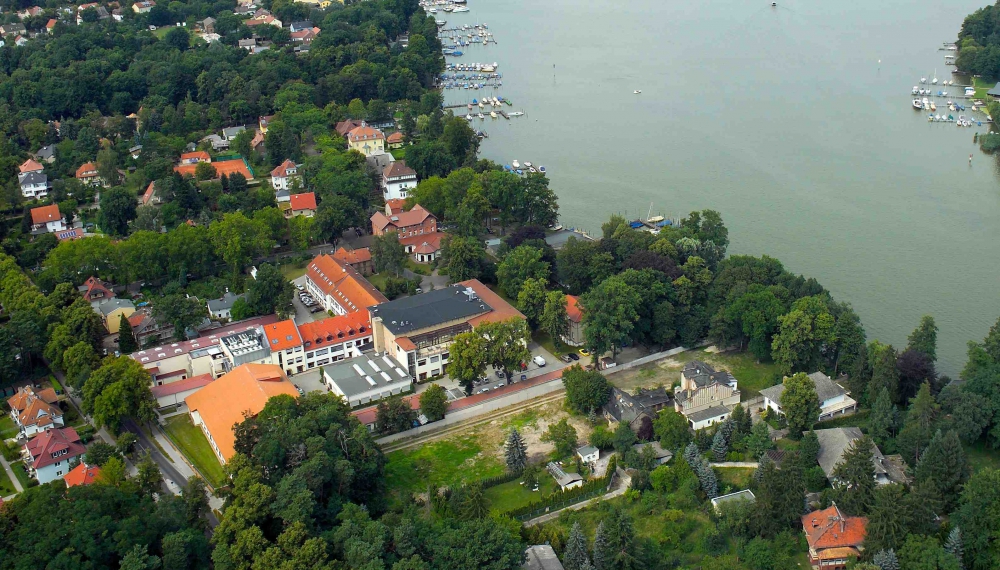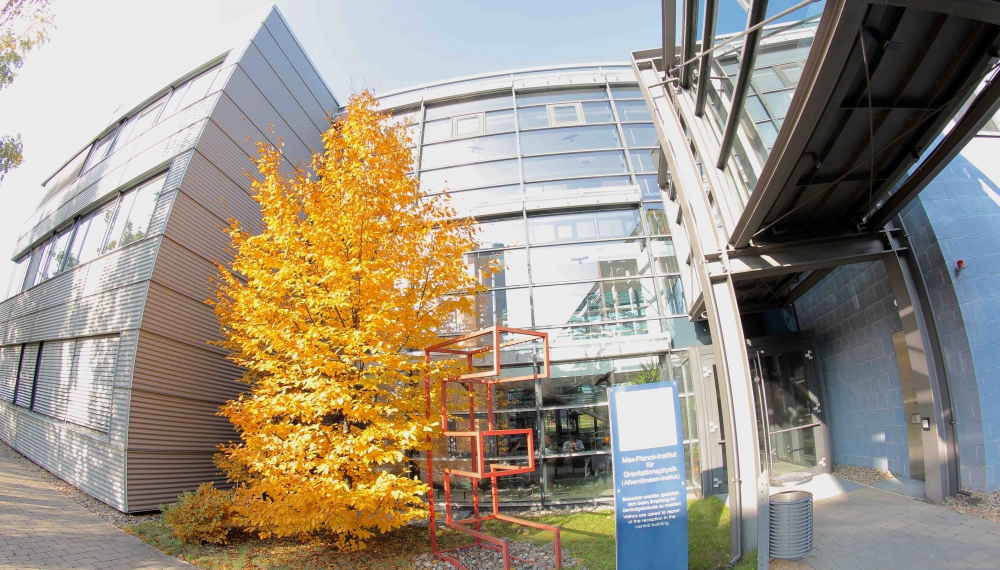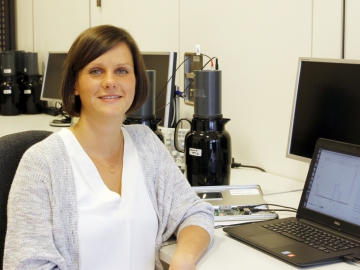Physics — an adventure! Programs for schools
Why is it dark at night? How hot is the sun? And what is vacuum? Children try to understand their environment and are often curious about physical phenomena that pervade their everyday lives. To promote this natural urge to explore, and to encourage the children to approach physics and astronomy, all research institutions in the Astrophysics Network offer learning formats for pupils and students of different grade levels.
With its lab "physik.begreifen", DESY (Deutsches Elektronen-Synchrotron) for instance invites high school students to experiment with cosmic particles and to independently and practically deal with complex physical issues that often are purely theoretical in the classroom. Working with modern measuring devices in a real research institute and in direct contact with researchers provides insights into the world of physics and often arouses a sustained interest.
Also, school classes in junior grades, ages 10-16 can perform independent experiments at DESY. In the vacuum laboratory students are encouraged to try to create ideas on their own, to ask research questions and to find solutions. The work in the lab is matched with information materials and accompanied by a mentor.
High school students can also apply for internships at all of the institutions within the astrophysics network. However, these places are limited and quickly fill up.
And if you want to experience astroparticle physics from your home laptop without any programming knowledge, you can easily access real data from long-term measurements with a great online analysis.
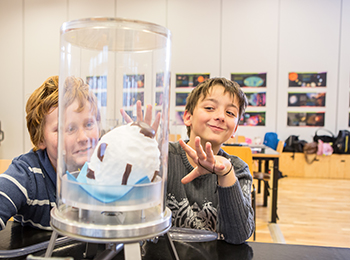
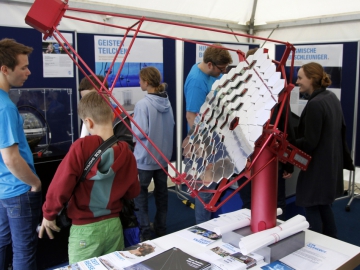
Guided tours and lectures
All four institutions offer a variety of guided tours and lectures for school classes and groups of young people.
The Institute of Physics and Astronomy at the University of Potsdam for instance regularily invites teachers with groups of students to participate in lectures and in night observations. Upon request, specific content for lectures or discussions can be prepared to allow for the integration of these activities into the current teaching schedule of the school teachers. The faculty of the institute also arranges visits to local schools.
DESY offers visits for school classes from the tenth grade (age 16). These visits usually include a lecture and a guided tour of the research center, including a tour of the facilities.
At the Leibniz Institute for Astrophysics Potsdam (AIP) school groups of all ages can visit the campus in Potsdam Babelsberg and the Telegrafenberg, given temporal capacity and previous appointment. The AIP scientists also join surrounding schools for project weeks or project days and give presentations and lectures on a variety of topics in astrophysics.
Involvement in events throughout the region
A series of open informative and hand-on events are held every year in addition to the institutions’ open days, tour programs and lectures. Specifically for girls and young women within national “Girl’s Day”: the University of Potsdam, AIP, AEI and DESY offer special guided tours, information sessions and various practical learning formats for getting girls interested in physics and astronomy, giving them an impression of professional fields in science and technology. Weather permitting, the participants can observe the sun using telescopes at AIP. At the Max Planck Institute for Gravitational Physics (AEI), the girls get to try out how the detectors work and are able to hear the signals of gravitational waves with their own ears in the noise of the instruments.
In Brandenburg, the “Brandenburg Future Day” takes place on the same day as the Girls' Day. It is open to both girls and boys. The institutions give the opportunity to gain a practical insight into the world of work within these taster days, providing HE and career guidance.
“Potsdam Science Day” and the “Long Night of the Sciences” in Berlin and Potsdam enable visitors of all ages to get a glimpse behind the scenes at the institutes and to enjoy a wide range of activities open to the public.
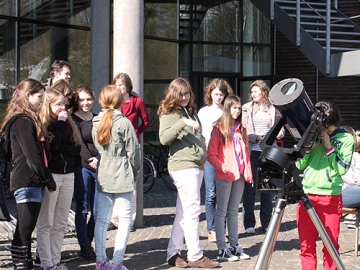
Training for teachers
DESY has developed further training opportunities for teaching staff. Primary school teachers can join the program for two afternoons and learn how physical phenomena can be illustrated with simple classroom experiments. There are also a lot of practical suggestions on how primary school children can experiment with simple means. Teachers can work independently in the lab, jointly reflect ideas or try experiments at home in an open access experiment.
For teachers of primary and secondary grades DESY offers trainings in the specific area of astroparticle physics. Simple experiments to measure cosmic particles and to analyze relevant data are presented. In addition to the training, teachers can borrow an experiment set for school projects. Also the University of Potsdam regularly offers a teacher training in astrophysics.
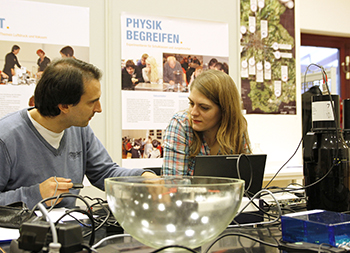
Contact
Astrophysics at the University of Potsdam: Professor Dr. Philipp Richter, Email: prichter@astro.physik.uni-potsdam.de
Deutsches Elektronen-Synchrotron: Ulrike Behrens, Email: ulrike.behrens@desy.de
Leibniz Institute for Astrophysics Potsdam: Dr. Janine Fohlmeister, Email: presse@aip.de
Max Planck Institute for Gravitational Physics: Dr. Elke Müller, Email: elke.mueller@aei.mpg.de

